Sydney, 11 Safar 1436/4 December 2014 (MINA) – Combating radicalism in Sydney, several Muslim groups have been conducting anti-extremism programs that target alienated and troubled youth, amid lack of government’s support.
“How many of us here were angry? How many of us here were deeply upset to see that there were people under the name of Islam killing people unrightfully in these disgusting ways, that we know,” youth mentor Ahmad El-Hage asked his students at the Chester Hill Youth Centre, SBS reported on Wednesday, December 3.
El-Hage is one of hundreds of volunteers who offer support for young people through several Muslim organizations that work on diverting Muslim youth from the path to radicalization, On Islam quoted by Mi’raj Islamic News Agency (MINA), Thursday (4/12).
Being a youth mentor at the Australian Muslim Youth (AMY), El-Hage tries to dissuade young people against extremism by showing them the true teachings of Islam.
Also Read: New Delhi Covered in Toxic Smog: Residents Say ‘We Can Hardly Breathe’
“It’s happened dozens of times where we have intervened, we’ve made sure that we’ve educated them,” he said.
“And we have since been trying to grab others as well. Trying to turn them around,” he added.
The worrying cases of tendency towards radicalism among Muslim youth have prompted El-Hage’s worries that the problem “goes far beyond Sydney”.
“If we are a single organization, and there are dozens in the past year, and we were able to turn their lives around, what about the rest of the country? It’s seriously worrying. Extremely worrying,” he said.
Also Read: Boat Carrying 100 Rohingya Migrants Capsizes in Malaysian Waters
Besides renouncing radicalism, the Muslim groups teach students how to identify suspicious behaviors by others.
“Approach them, and see if you can help them before they get too radicalized in the community, like, prevent it before it happens,” said Mohamed Mehdi, another youth leader.
For several students, who were involved in the anti-radicalization programs, early identification of the problem is “crucial”.
“It’s about reaching out to people who are at risk of going in the wrong direction, of becoming alienated,” student Sarah Al Zahab said.
Also Read: Dozens Killed in RSF Drone Strike on Sudanese Village During Funeral
“It can stop them, it can prevent them from later in the future doing something crazy,” she added.
Ineffective
Working on fighting radicalization, several Muslim organizations have been complaining of lack of governmental funding, depending merely on volunteers from the Muslim community.
Though millions of dollars have been spent by the Australian government on prevention programs, several Muslim leaders believe that the government-funded programs have been largely “ineffective”.
Also Read: International Red Cross Calls for Safe Corridors for Civilians in Sudan
“A lot of money has been spent but still we ended up with 70 people going to Syria. Seventy people probably here, whose passports have been confiscated,” said Lebanese community figure Dr Jamal Rifi.
“This is a total failure.”
Other community leaders have called for adopting more “effective approach”.
“There is a battle at the moment to engage young people effectively,” said Kuranda Seyit from the Forum on Australian Islamic Relations.
Also Read: M6.3 Earthquake in Afghanistan Kills 19 People
“So, we need to have more understanding of the problem, so we can actually put in effective programs in place, rather than short-term, cosmetic solutions.”
Yet, some of the federally-funded programs have been active in fighting extremism, like programs offered by the Australian Multicultural Foundation (AMF).
“The young people who’ve taken part, to date, are all volunteers,” said Hass Dellal, AMF Executive Director.
“They’ve come in, been trained, become trainers, gone out and trained two other volunteers themselves, so it’s that cumulative effect,” he added.
Also Read: 6.3-Magnitude Earthquake Strikes Northern Afghanistan
Moreover, tracking radicalism online is a part of the federally funded programs in Sydney as well.
Muslims, who have been in Australia for more than 200 years, make up 1.7 percent of its 20-million population.
In post 9/11-era, Australian Muslims have been haunted with suspicion and have had their patriotism questioned.
The anti-Muslim sentiments further increased following recent anti-terror raids, deemed the biggest in Australian history, in which 15 people were arrested from north-western Sydney.
Also Read: Saudi Arabia Reduces Umrah Visa Validity to 30 Days
The government has allocated $13.4 million for the new prevention program.
The new fund will be targeting young youth who are believed to be at risk of being radicalized.
Unlike vulnerable young youth, frontline extremists will not be easy targets for the prevention programs.
“There were some unfortunately, that we weren’t able to get back,” said Ahmad El Hage.
Also Read: Afghanistan, Pakistan Extend Ceasefire After Türkiye-Qatar Mediation Talks
“We don’t know where they are. We have been trying to contact them, on a regular basis. It’s very upsetting,” he added. (P011/R04)
Mi’raj Islamic News Agency (MINA)
Also Read: President Prabowo Emphasizes ASEAN Unity Amid Global Tensions





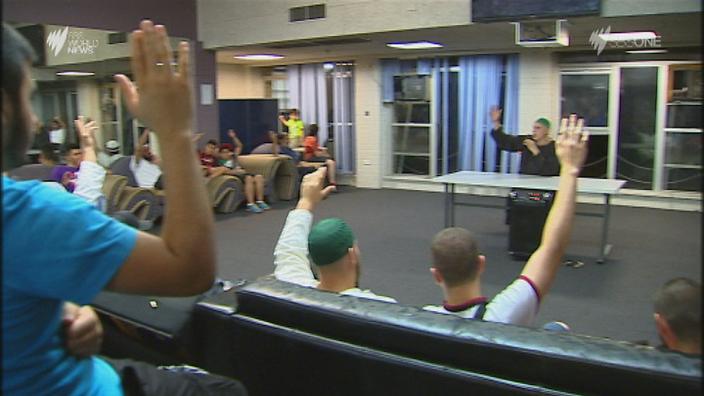




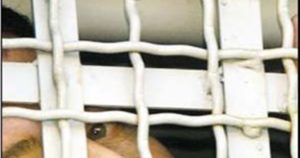


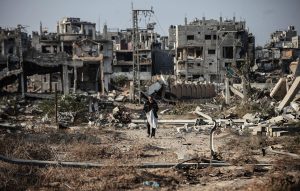
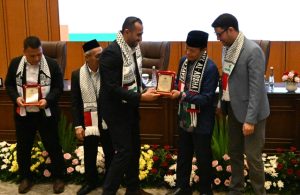





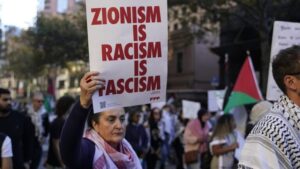





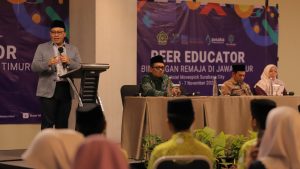

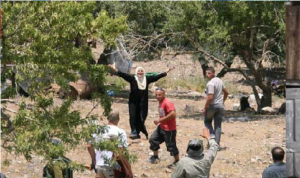

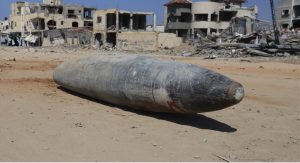



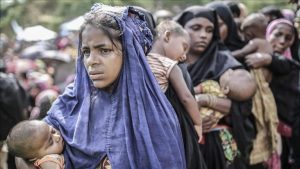



 Mina Indonesia
Mina Indonesia Mina Arabic
Mina Arabic